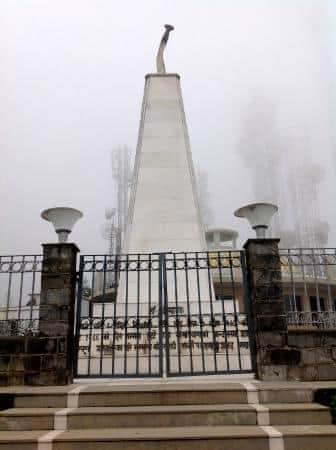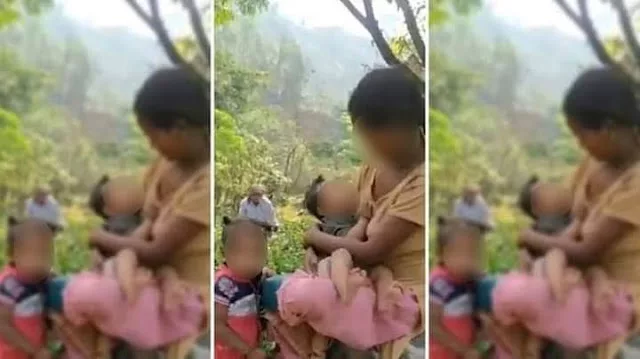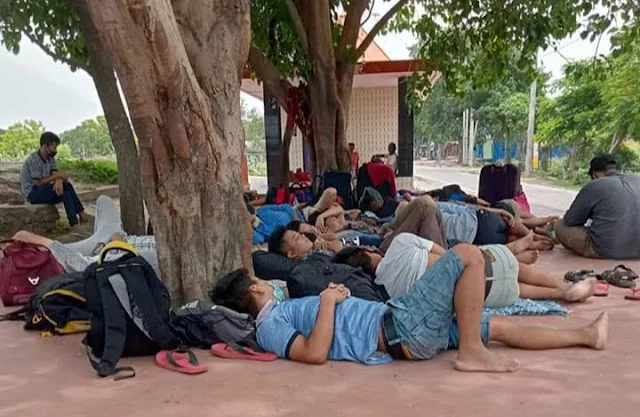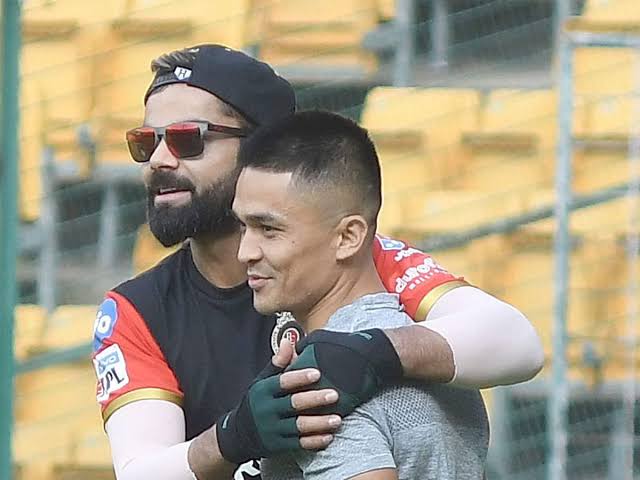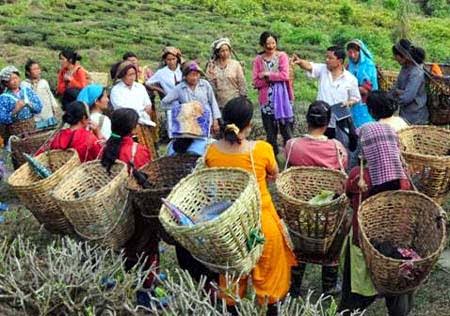Gorkhalism is a philosophy which belief in the method of structural change in the various Nepali speaking community in India and beyond. The main idea behind this philosophy is to unify them in the umbrellas of Gorkhas. This philosophy is well supported by the ideas of many prominent theories like post colonialism, post modernism and social constructivism etc. There have been the various movements in Indian history and abroad which address the question of Gorkhas identity and their demands. Some questions have been the ethical part of Gorkhas as self questioning. Such as- Who are the Gorkhas and why does it matters? What are the difference of Nepali and Gorkhali? Why Gorkhaland? These are the major questions of so called Gorkhali people living in the Himalayan foothills and distinctive areas of Darjeeling district who were known as Bharatia Gorkhas.
 |
| Gorkhalism |
Addressing to each question there is a need for revisiting of history from theoretical understanding.
The terminology of ‘Gorkhalism’ was first coined by the Gorkha Youth and Students’ Association (GYASA) based on New Delhi, India, as “unity of all Gorkhas as Indian Gorkhas” but the ‘Bharatia Gorkhas’ has been used by the various political and non-political groups and parties of India. Gorkhalism is a way of life of the Gorkha community who have struggle in the past and have their same history. It goes to an extension when it comes to the question of identity of Bharat Gorkhas. Bharatia Gorkhas differs from the Gurkhas of Nepal because the former are the Indian citizens who have been the ‘sons of soils’ of India, and have been practising the Indian constitutional rights and duties. Although the Bharatia Gorkhas have been seen many times as the Gurkhas of Nepal but, nowhere in Indian histories Bharatia Gorkhas have been celebrating the Independence Day on December 21 (Independence Day of Nepal). Bharatia Gorkhas have been distinctively following the Independence Day on 15 August i.e., the Independence Day of India, from their heart, mind, and soul. Bharatia Gorkhas have not only been practising the Fundamental duties listed in the Art. 51A (Part IVA of the Indian Constitution) which is non-enforceable but also the various constitutional rights which gives by default the Bharatia Gorkhas rights with democratic values.
Theories like post colonialism not only shows how the third world societies were marginalised in international politics but has left the hangover effect of the terms of Bahadur, or ideas of marginalisation which has been influencing the Bharat Gorkhas till the date today. Post modernism theory shows that it was the power-knowledge nexus which has been genealogically influencing in the making of histories. This means there are histories of histories and there are essentialities of revisiting or rewriting the histories of Bharatia Gorkhas by deconstructing with textual strategies. However well accepted theories like social constructivism address that it is the ‘ideational factors’ (ideas, identity and ideologies) that plays an important role in formation of structures. Thus democratic rights are based on the theory that rights are not created by the state. Individuals are born with right. It is on this theory that the Indians before independence raised the slogan that “freedom is our birth right.” It is in this sense again that Prof. Laski asserts that the “state does not create rights, it only recognizes rights.”
Likewise on the question of who were the Gorkhas? The recognition of Bharatia Gorkhas is essential because it is the Bharatia Gorkha community who have been the essential part of strengthening the Indian community. Moreover, many are confused with the Nepali and Gorkhali, while the latter are the broader homogenous concepts which have inclusion of heterogeneous Nepali community. The similarities in the homogenous Bahratia Gorkhas are the common cultures, languages, and cause for the Gorkhaland. However there are various answer to the statehood demand of why Gorkhaland but the basic logic behind this demand is- Bharatia Gorkhas has been ill-treated in the socio-political and economic distribution by the West Bengal, there has been the question of identity crisis despite enjoying every day constitutional rights, and it the constitution rights of Art 3 of India constitution which gives the rights to demand for it peacefully.

